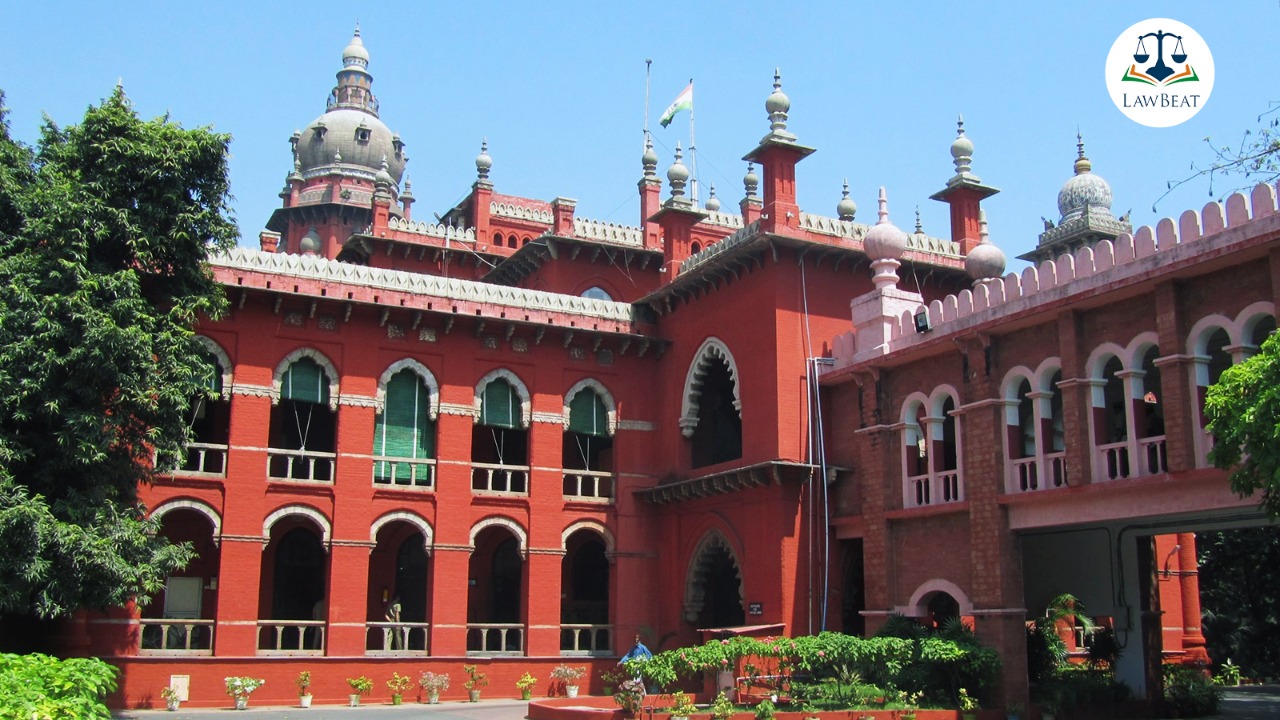Madras High Court Upholds Conviction of S. Ve. Shekhar for Offensive Post Targeting Women Journalists

In a significant judgment, the Madras High Court on January 2, 2025, dismissed the criminal revision petition filed by S. Ve. Shekhar, a former MLA, affirming his conviction and sentence for forwarding a derogatory social media post targeting women journalists. The bench of Justice P. Velmurugan upheld the trial court's findings and emphasized that mere apologies could not negate the gravity of the offence.
A complaint was filed by a journalist, alleging that Shekhar had forwarded an offensive Facebook post intending to humiliate women in the media industry. The post, deemed objectionable, led to charges under Sections 504 and 509 of the Indian Penal Code (IPC) and Section 4 of the Tamil Nadu Prohibition of Harassment of Women Act, 2002. The trial court convicted Shekhar in February 2024, prompting him to challenge the verdict in the High Court.
Shekhar's counsel argued that the prosecution failed to establish the authenticity of the evidence. They pointed out the absence of a Section 65-B certificate under the Indian Evidence Act, questioning the admissibility of the social media post screenshot. Additionally, the defense highlighted inconsistencies in witness statements and the lack of direct evidence linking Shekhar to the message.
The defense further argued that the prosecution had not seized Shekhar’s electronic devices, raising doubts about the case's integrity. They contended that the forwarded message was not authored by Shekhar and emphasized his unconditional apology. Furthermore, they cited Supreme Court precedents to assert that the trial court’s reliance on unauthenticated evidence rendered the conviction flawed.
The prosecution countered that Shekhar's apology, submitted after widespread public backlash, was insufficient to absolve him. It was also argued that Shekhar was aware of the post's contents before forwarding it. Witness testimonies and the evidence submitted in court, they claimed, substantiated the charges.
Justice Velmurugan dismissed the defense's contentions, noting that the evidence presented, including witness statements and documentary evidence, conclusively established Shekhar’s guilt. The court emphasized that forwarding offensive content, even if not authored, demonstrates intent and awareness, which are crucial elements under the charged offences.
The court also addressed the issue of admissibility, ruling that the absence of a Section 65-B certificate did not invalidate the evidence as sufficient corroborative material was presented. Moreover, the court highlighted that the apology tendered by Shekhar failed to mitigate the damage caused to the reputation of the victims.
The High Court affirmed the trial court’s conviction and sentence, directing authorities to ensure Shekhar serves the remaining period of his sentence. The court, however, allowed a 90-day grace period for Shekhar to file a Special Leave Petition in the Supreme Court.
Case Title: S.Ve.Shekar vs. State
